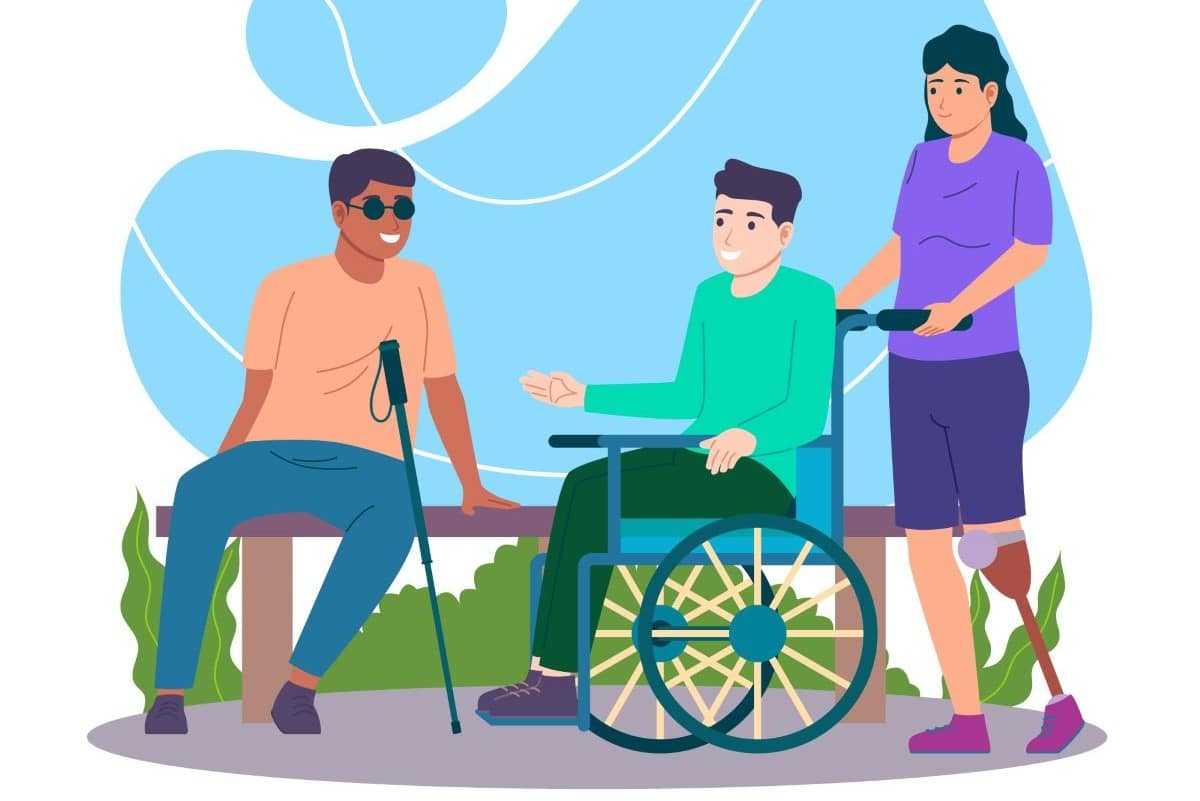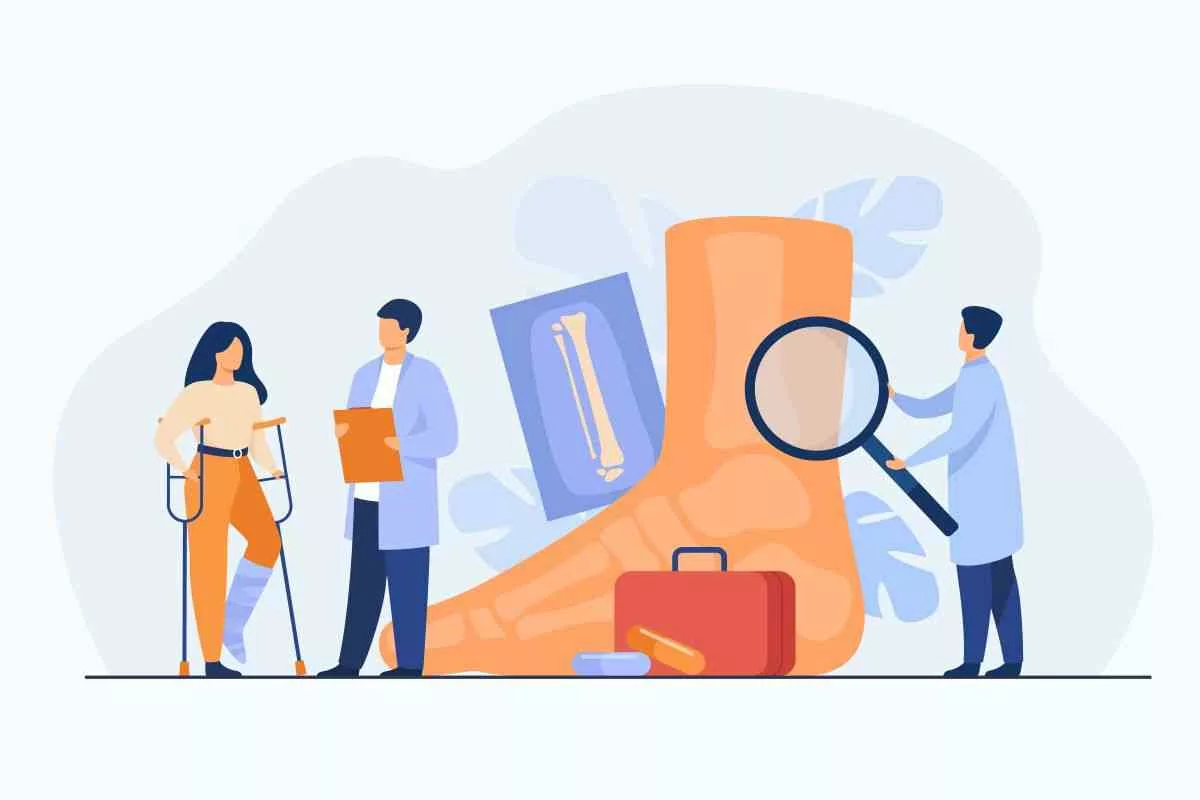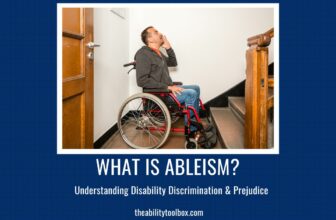
If you're the parent of a teenager or work with young people, these tips can help you prevent toxic teen relationships and intervene if you spot signs of abuse.
An 18-year-old teen in a new relationship had her 17-year-old boyfriend put his hand around her throat. He said, “I could strangle you so easily”. She was caught by surprise and pulled away. He then said, “What? I was joking. Can’t you take a joke?”
A couple of weeks later they were arguing and he grabbed her chin in a vice-like grip, forcing her to face him. She broke free from his grip and he called her a “bitch.” Three days later, another heated argument during which he accused her of cheating, waving his fist in her face.
Wisely, she ended the relationship before it could escalate. He then undertook a smear campaign against her. She sought advice on how to handle this and the situation was resolved.
A 19-year-old boy was seeing a very troubled 17-year-old girl. The relationship had been unhealthy and stressful from the beginning. He bought her a necklace and wanted to give it to her. She told him to come over, then denied the invite and caused a scene out the front of her house, accusing him of stalking her.
He was visibly distressed. He took off in his car, driving erratically and 10 mins down the road the car hit a tree and he died at the scene.
Whilst she isn’t responsible for his driving, she is responsible for the repeated pattern of psychological distress. To make matters worse, perhaps reflective of her dire toxicity, she referred to herself as his “widow” until the police paid her a visit and on behalf of the grieving family, told her to cease the behavior.
Fairytales and Hollywood have a lot to answer for
Relationships are often portrayed romantically in childhood fables and Hollywood movies. The fairytale where the prince comes in and sweeps the unassuming girl off her feet; the misunderstood “bad boy” with the heart of gold comes to your rescue; or the wild, rebel girl ends up with the bookish geek.
I am here to burst your bubble and give you a dose of reality.
There is no prince or princess. This is a fabled construct only seen in movies. The truth is, we must be our own saviors. We need to recognize that we have agency in our relationships, and further, arm our teens with the knowledge that agency is the vehicle of protection.
Bad boys and girls rarely have a heart of gold. More likely, they have been subject to, or witnessed, familial abuse. They carry psychological issues and perpetuate that in relationships. We have seen films and stories where the ‘bad boy’ comes good in the end, so we are conditioned to think we can change them. This is simply not true. Unless someone wants to change, then thinking they will change is futile. We need to tell our teens this.
Why teens fall prey to toxic relationships
Teens have minimal life experience, except what they see in popular culture, at home, on social media, or among peers. Combine this lack of perspective with insecurity, unrealistic expectations, and naivety about right from wrong and this is why toxic relationships gain ground.
Despite the thinking that teens from dysfunctional families are the only groups vulnerable to toxic relationships, this is not always true. Whilst they are a vulnerable subset, teens from stable family environments also often find themselves involved with a toxic partner.
And if we think it's not happening, think again…
33 percent of teenagers report knowing a friend or peer who has been hit, punched, kicked, slapped, choked or physically hurt by their partner, writes the Daily Telegraph’s Dannielle Miller. And, alarmingly, Australian research indicates that young women 14-19 are more likely to experience physical or sexual violence than older women.
A respectful person will realize they have overstepped a boundary, apologize, and take accountability. They own it, but more importantly, do not repeat the behavior.
What toxicity looks like in relationships
Toxicity is consistent, repeated behaviors from any of the following.
Physical toxicity
Punching playfully, pinching, pushing, slapping, grabbing, or mock strangulation. Often, this is how an abuser tests boundaries. There is a distinct element of menace. Speaking up evokes responses such as “just joking,” “you can’t take a joke,” or “lighten up,” yet the behavior continues. Sexual toxicity is another aspect. Blatant disrespect for ‘no’ or ‘stop’, refusing to use protection, claiming to be using contraception when they are not, taking advantage of someone who is drunk or drug-affected, forcing modes of sex that make a person feel uncomfortable, filming sexual acts or a partner's naked body.
Psychological toxicity
Anger when a partner must prioritise something else such as schoolwork or time with family or friends. Controlling behavior such as telling a partner what to wear, who to hang out with, and stalking their whereabouts. Guilt tripping such as silent treatment, threatening to harm themselves (emotional blackmail). Snooping through belongings or phone. Baseless angry outbursts. Passive aggressive behavior such as calling a partner an offensive name, deriding a partner with labels like fat or ugly then saying it was a joke. It’s never a joke.
Sexual toxicity
A 16-year-old teen admitted that during sexual intercourse with her boyfriend, he became increasingly aggressive. He told her he wanted to rape her and watch her fight and scream. He asked her to perform acts that were out of her comfort zone. He would then buy her gifts and proclaim his love. She felt confused and bewildered. After several months of this type of behavior, she finally confided to her mother what was occurring. She is now out of the relationship.
Abuse is not romantic
In spite of what is often portrayed in movies, toxic abuse is not romantic. And toxic relationships are not normal. Jealousy and control do not = love. Driving fast is not bad boy behavior. It's disrespectful to the safety of the occupants. Threatening self-harm is not a sign of deep love, it's emotional blackmail.
We need to teach our teens to trust themselves when they feel uncomfortable or intimidated. We need to obliterate the notion that love is always borne from struggle or overcoming adversity.
Toxic relationships are shown to have a lasting impact. Early toxic experiences tend to ‘bleed’ into adult relationships where people can find themselves repeating the pattern of damaging interactions.
What can we do?
Observe.
Is a teen becoming withdrawn from their friend group? Do there seem to be extreme highs and lows in their relationship? Is their relationship very intense very quickly? Do they seem unusually anxious or secretive? Is the teen showing less self-care? Attending fewer social situations?
Ask. Listen.
Open dialogue with a trusted friend or parent is the best antidote to prevent or dismantle toxic abuse. This dialogue needs to be calm and unemotive. Despite the temptation to criticize the abuser, it is best to tread carefully. An attack on the abuser can push the teen closer to them.
All kids need “a soft place to fall” where they can confide without judgment or repercussion. If we can divest ourselves of our judgment, and simply be there to listen, this can change the future of relationships for our teens.
We need to lead the way
Our part in all of this as adults is being willing to speak freely and honestly with our teens about sex and relationships, no matter how uncomfortable we feel doing so. Despite them being at a time in life where teens strive for individuation, do not underestimate the value of connection. Regardless of how they act, they still need us. If we navigate, rather than control, we create a different level of connection that builds trust and safety.
This doesn’t mean we have to ignore our values. It doesn’t mean we agree with what our teens are doing. What it DOES mean is that we can express our values alongside truthful and candid facts so that our teens can recognize undesirable and toxic behavior.
Arming teens with knowledge is a superpower.
An open conversation can save a life.
Leigh Burns is a relationship writer, and recent founder of “Walk Tall Advocacy” to raise awareness amongst teens about toxic relationships. She is a single mum to a 19-year-old daughter.







